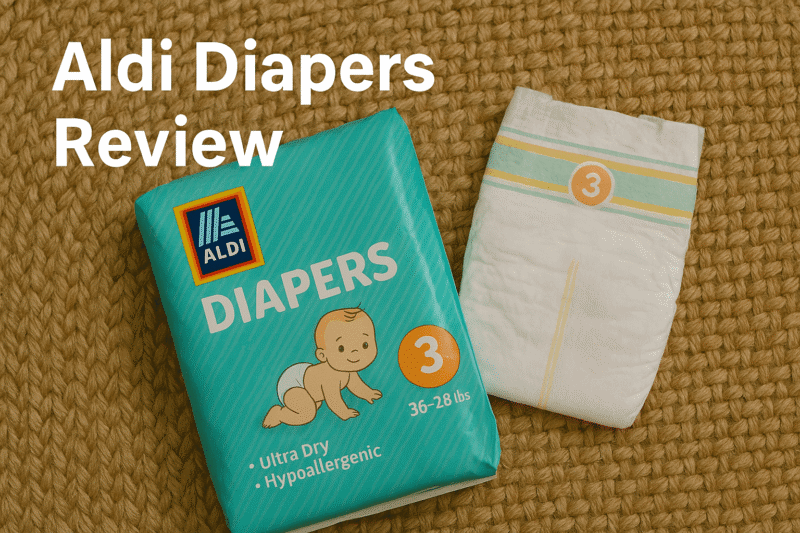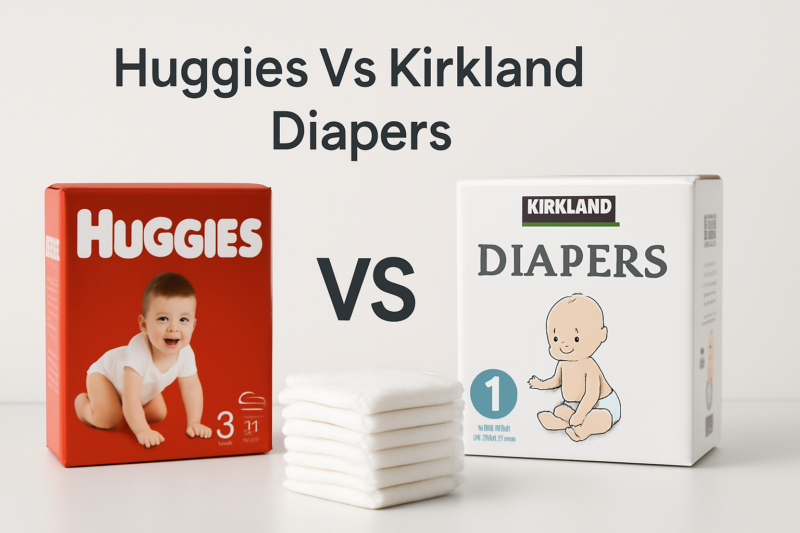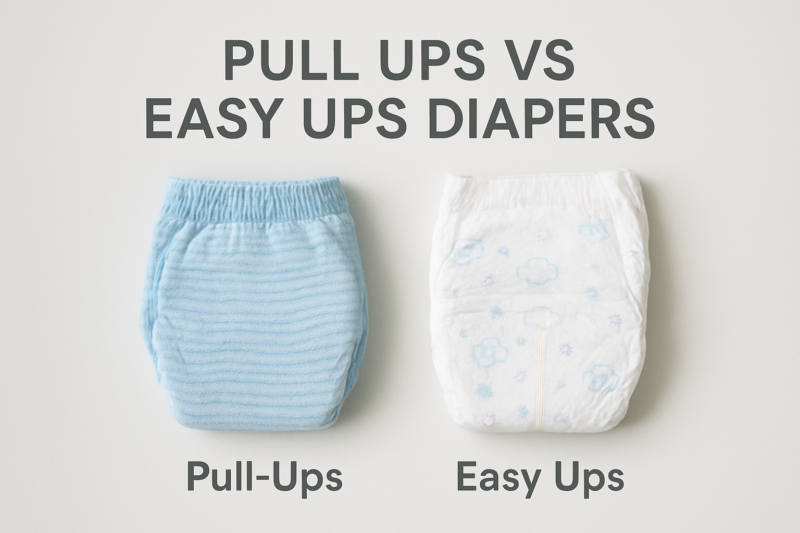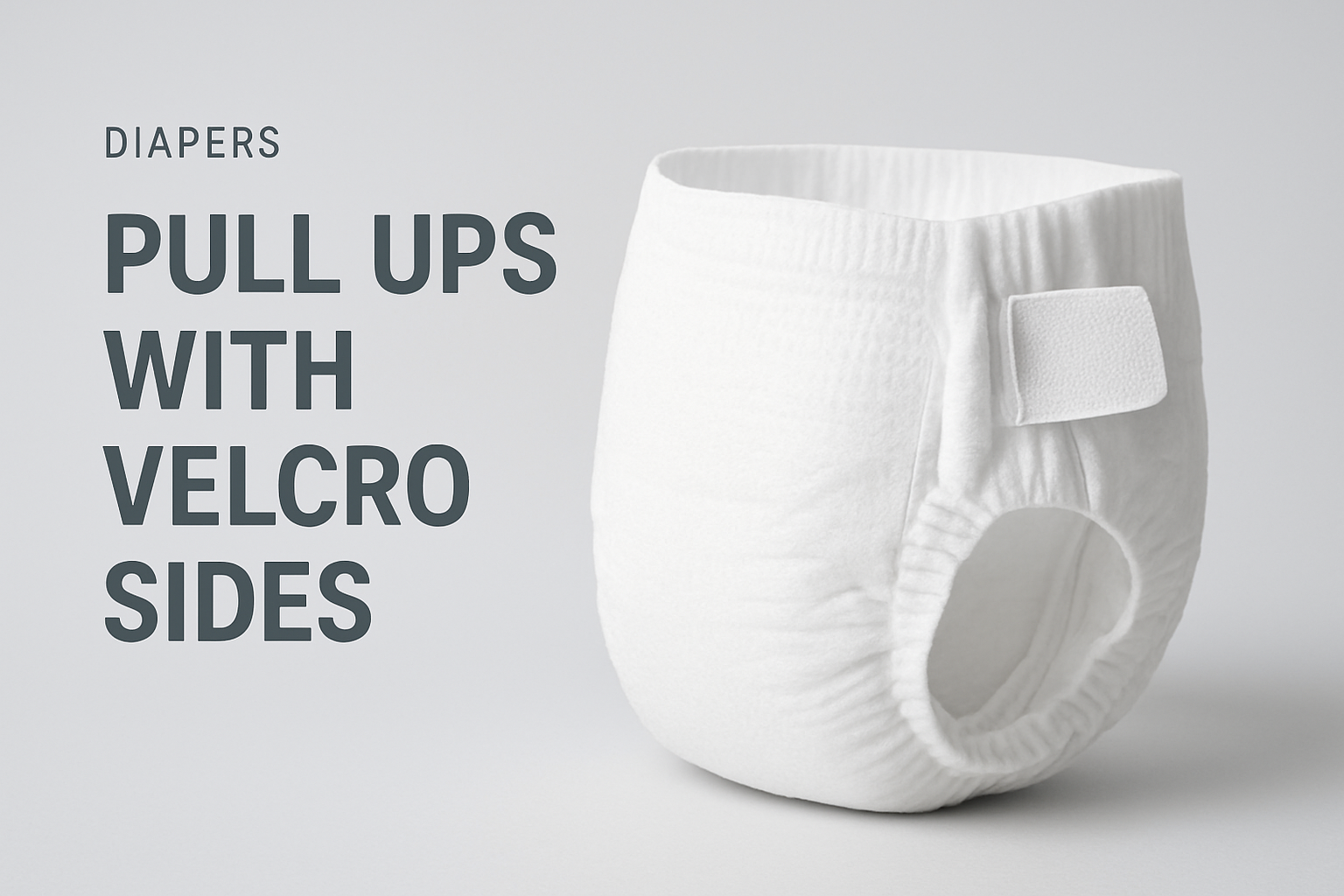![[Images] Formula Fed Baby Poop](https://baby-place.com/wp-content/uploads/2025/04/formulafedbabypoop-e1755528851486.png)
What are the differences between formula fed baby poop and breastfed baby poop?
It’s an important topic of discussion, as both types of feces can provide insight into your little one’s health.
The first thing to understand is that there are two main categories of infant stools: meconium and transitional stools.
Meconium Stools
Meconium occurs in newborns within the first 48 hours after birth and consists mainly of amniotic fluid and cells from inside the womb.
Transitional Stools
Transitional stools start after those initial days and take on different forms depending on whether a child is being exclusively breastfed or using formula feeds.
So what makes formula fed baby poop distinct from its breastfeeding counterpart?
- What smells might you expect?
- How do you know if something isn’t quite right?
- How does it look?
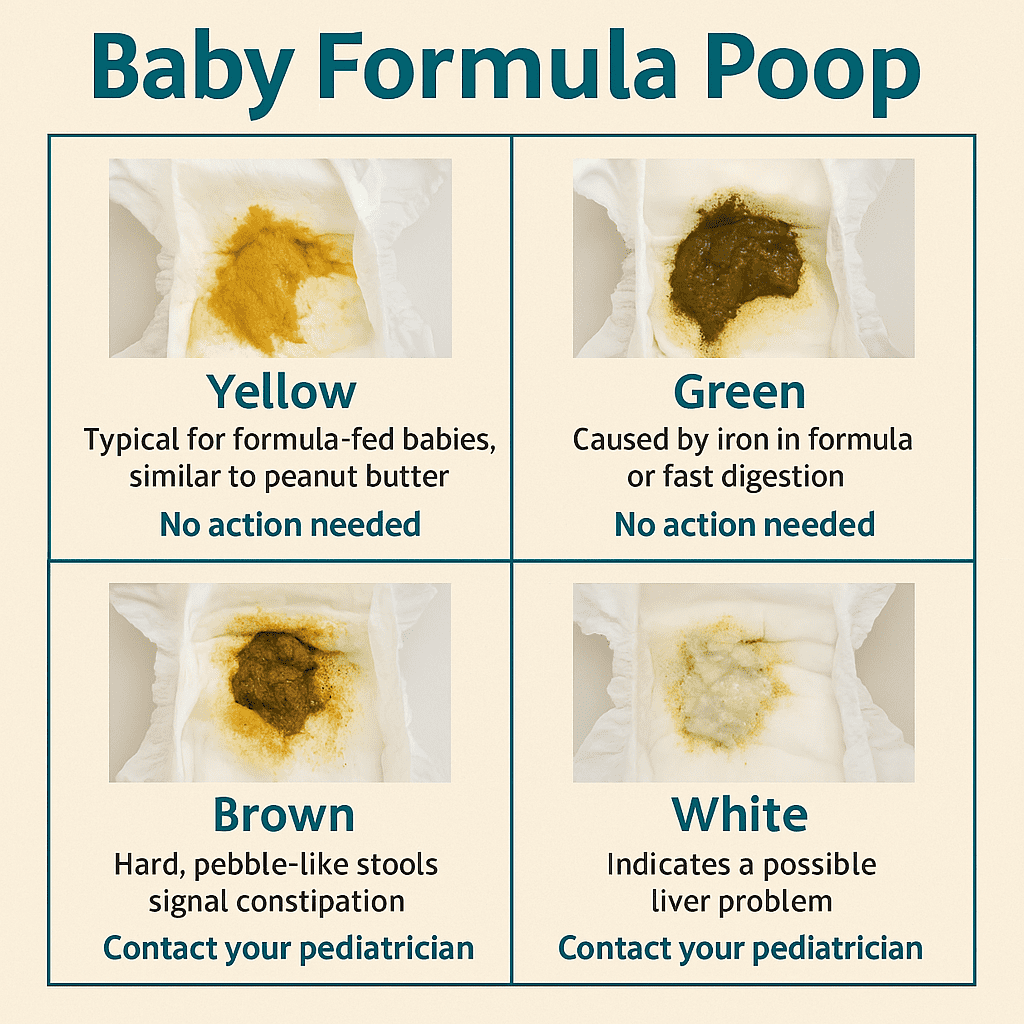
Types Of Formula Fed Baby Poop
The type of poop a baby has depends on the type of formula they are fed and how their body digests it. Formula-fed baby poop is generally thicker, firmer, and less frequent than breastmilk stools. It also tends to be more yellow or green in color and may contain small flecks of undigested milk proteins.
Parents need to watch out for signs that the baby isn’t digesting their formula properly. If your baby’s stool appears especially hard or dry, too loose or runny, overly smelly, unusually dark brown, black, white, red, or orange; if you notice mucus in the stool; or if your baby experiences watery diarrhea accompanied by fever and vomiting – all of these can be sign that something is wrong with the way your baby is processing their formula nutrition.
Contact your pediatrician immediately if any of these symptoms arise.
Frequency Of Stooling
How often your little one should be pooping?
Generally speaking, most formula-fed babies will pass stool at least once a day, although it is not uncommon for them to go two or three days without having a bowel movement.
If your baby hasn’t had a bowel movement in over three days, contact their pediatrician, as this could indicate an underlying issue.
It is also important to note that when transitioning from breastmilk to formula, there may be some changes in the frequency and consistency of stools. Ultimately though, if your baby is eating well and gaining weight appropriately, then they are likely getting enough nutrition regardless of what type of milk they are on.
So don’t worry too much about the number and texture of their stools. Just make sure you’re paying attention to other signs like adequate wet diapers and growth milestones.
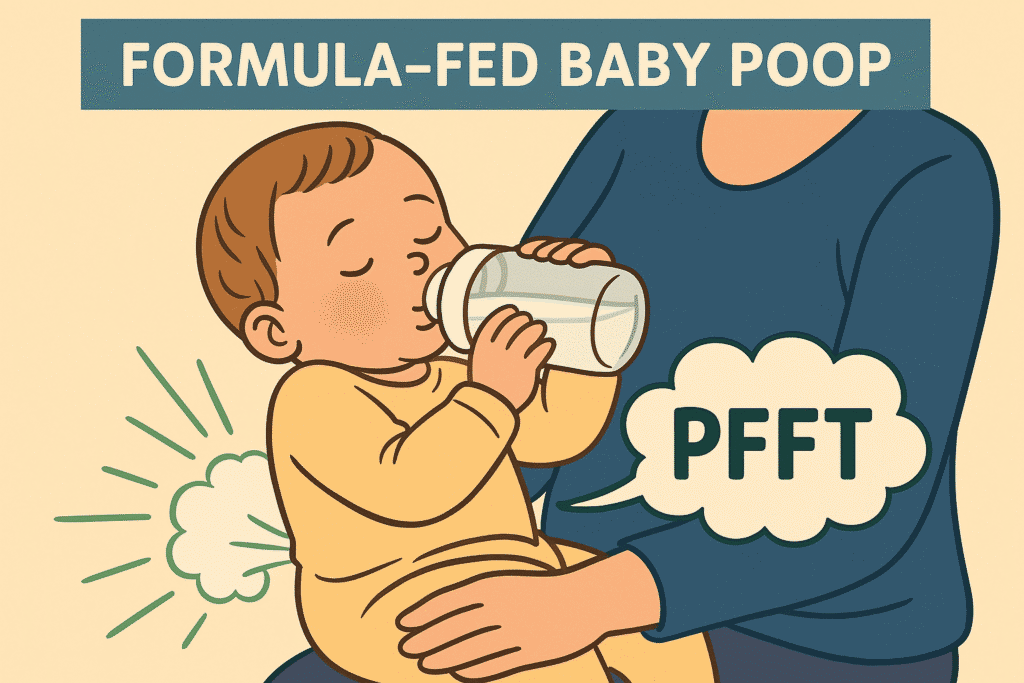
Consistency And Color of Formula Fed Baby Poop
Formula fed baby poop tends to be thicker and more paste-like than breastfed infant stool. Its texture is often likened to peanut butter, with a smooth yet slightly grainy consistency that can range from soft to firm – depending on how long it has been in the digestive system.
The color of formula fed baby poop will vary widely based on what ingredients are included in the formula being consumed. It may appear yellowish or greenish brown but could also take on an orange hue due to carotene content or other colored additives found in some formulas.
Whatever its shade, it should generally not have any large chunks or pieces present, as these would indicate something abnormal occurring within the body.
Smell And Odor
The smell of formula fed baby poop can vary depending on the type of formula being used. Generally, it has a sweeter smell than breastfed baby poop.
It is important for parents to monitor their child’s diet closely when switching between formulas or introducing new foods, as this can cause changes in stool texture, color, and odor. If there are any major discrepancies from what your infant normally produces, it may be necessary to consult with a pediatrician or nutritionist for further advice.
Gas And Burping
Gas and burping are common problems for formula-fed babies. Babies often swallow air during feedings, which can lead to gas buildup in their digestive tract. Burping helps remove this extra air from the stomach, resulting in a more comfortable baby. To help reduce gas, it’s important to make sure your baby is sitting up straight when feeding and that you’re using slow flow or anti-colic nipples on bottles/breast pumps. You should also take breaks between feeds to allow your baby time to digest fully before taking another sip of milk.
It’s recommended that you burp your little one after each 2–3 ounces of formula they drink during a feeding session. If they don’t seem satisfied after eating, try burping them again as an extra measure – sometimes babies need additional assistance with digestion!
Allergies And Intolerances
The smell of formula-fed baby poop is enough to make any parent cringe. Yet, this may be the first sign that your baby has a food allergy or an intolerance. While it can seem daunting at first, understanding allergies and intolerances in infants can help parents keep their babies safe and healthy.
Allergies result from an immune response when the body mistakenly identifies a harmless substance as harmful. Common signs include hives, wheezing, vomiting, diarrhea, nasal congestion, and eczema. If you suspect your infant has a food allergy, always consult your pediatrician right away for proper testing and diagnosis. Afterward, they will provide advice on how to manage the condition while ensuring they are getting all the nutrients they need without consuming allergens.
Intolerances occur due to difficulty digesting certain components found in foods, such as lactose or gluten.
By recognizing potential triggers early on through observation of symptoms combined with medical assessments like skin prick tests or blood draws when appropriate, parents have peace of mind knowing they are providing optimal nutrition while protecting their child’s health during its most vulnerable stages of growth.
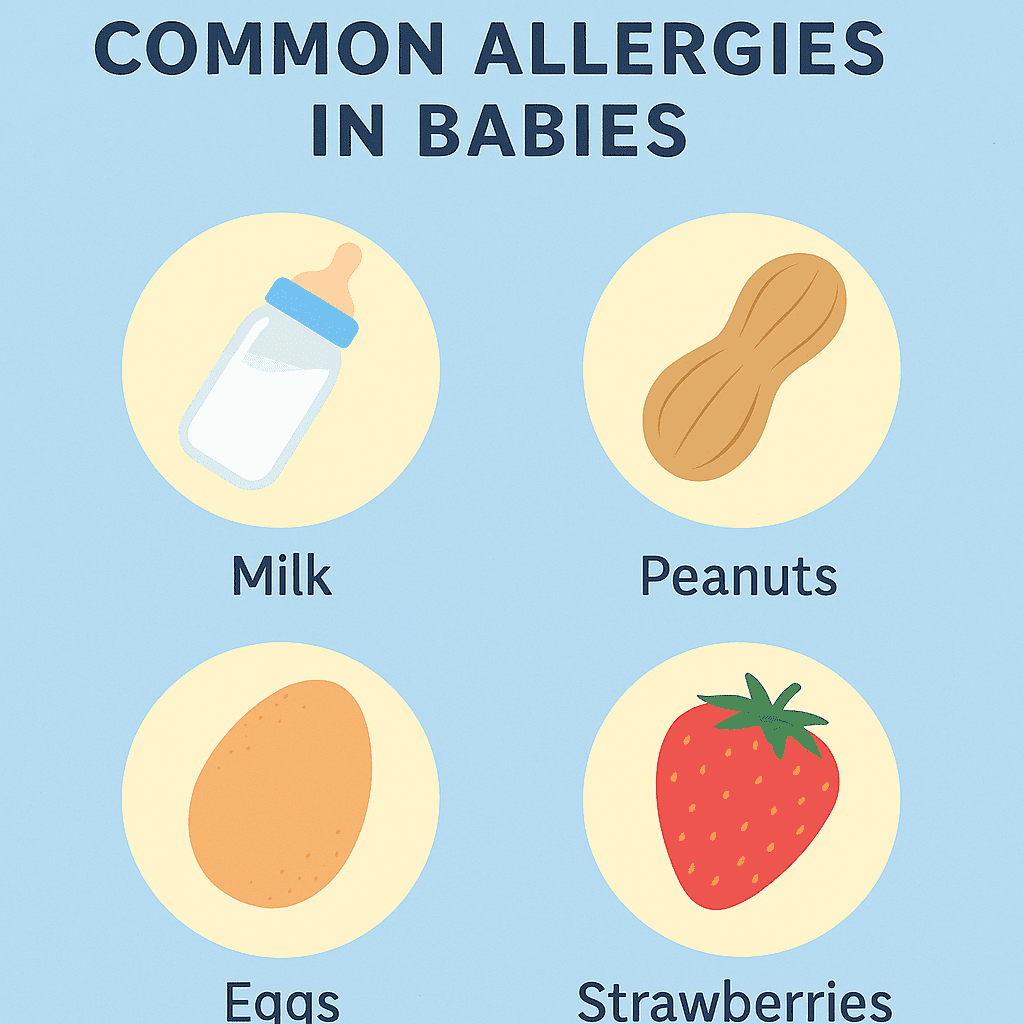
Switching Formulas and Effect on Poop
It is often thought that switching formulas can cause a baby to have diarrhea or constipation, but this isn’t necessarily true. In reality, it is important for parents to be aware of the signs and symptoms of formula intolerance before making any changes in their child’s feeding routine.
When transitioning from one formula to another, it is best to do so gradually over several days rather than all at once. This will help ensure that the change is easier on your baby’s system and less likely to lead to digestive issues such as loose stools or excessive gas. Additionally, you may find that certain brands or types of formula work better for your infant than others; if you notice any differences in stool consistency or frequency when changing formulas, then reevaluate and adjust as needed.
When To See A Doctor
It’s important to pay attention to your formula fed baby’s poop. If you notice that the color, texture, or frequency of their bowel movements is different than usual, it may be a sign that something isn’t right. You should contact your pediatrician if any of the following applies:
1) Your baby hasn’t had a bowel movement in more than five days;
2) The stool is unusually hard and dry;
3) The stools contain mucus or blood;
4) There are signs of persistent abdominal pain or discomfort;
5) Your baby has an unexplained fever over 100 degrees Fahrenheit (37.7 Celsius).
These symptoms could indicate a serious medical condition, so seeking professional advice from your doctor is strongly recommended. It’s better to be safe than sorry when it comes to matters related to your child’s health.
Frequently Asked Questions:
What does formula-fed baby poop look like?
Formula-fed baby poop is typically yellow, tan, or brown in color with a pasty or peanut butter-like consistency. It may have a stronger odor than breastfed baby poop and can vary in frequency from several times a day to once every few days.
Why is it important to monitor formula-fed baby poop?
Monitoring your baby's poop helps you track their digestion and overall health. Changes in color, consistency, or frequency can indicate issues like constipation, diarrhea, or potential allergies, allowing you to address concerns with your pediatrician early.
What can we learn from the color of formula-fed baby poop?
The color of formula-fed baby poop can provide clues about your baby's health. Normal colors include shades of yellow, tan, or brown. Green poop might indicate fast digestion, while white, black, or red could signal a problem and should be discussed with a doctor.
How does understanding formula-fed baby poop help with diaper changes?
Knowing what to expect with formula-fed baby poop makes diaper changes easier. You'll recognize normal patterns, spot potential issues like rashes or infections quickly, and choose the right diapers and wipes to keep your baby comfortable and healthy.
What should I do if my formula-fed baby's poop looks unusual?
If your baby's poop is consistently white, black, red, or contains mucus, contact your pediatrician. Also, watch for signs of discomfort, dehydration, or changes in feeding habits, as these can help your doctor diagnose any underlying issues.






